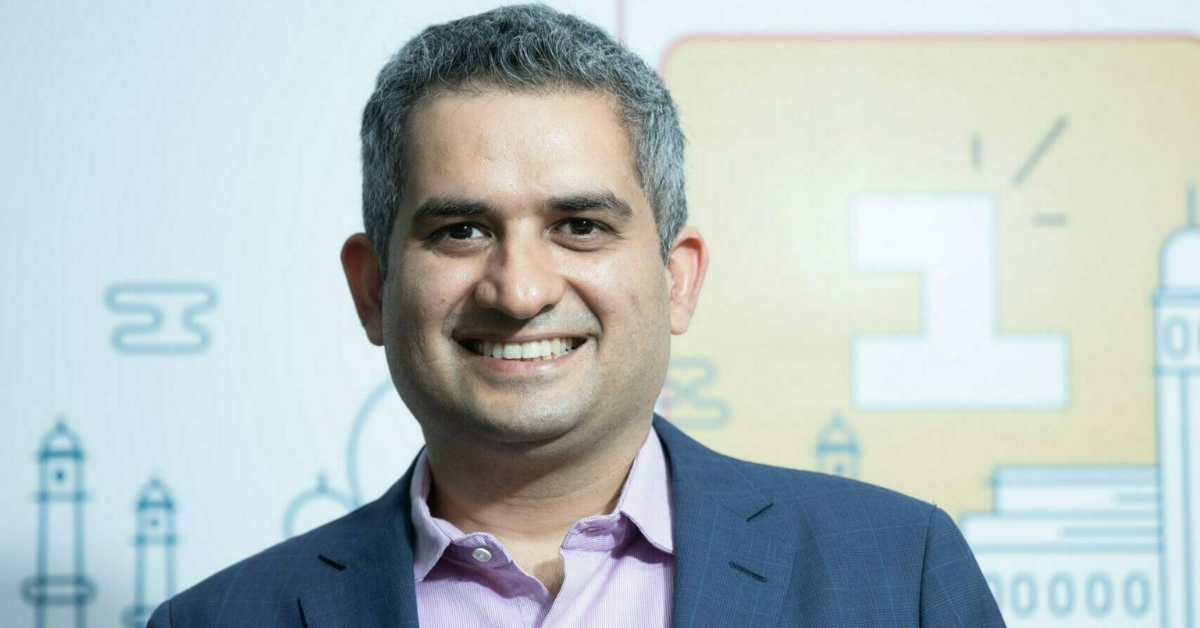Data privacy, data security and data management have to be built in by design and regardless of the regulations: Prashant Tandon
Many entrepreneurs in the healthtech space believe that the key to data protection on healthtech platforms is making the users the ultimate consent-giving individuals
Healthtech entrepreneurs now see the challenges faced during the pandemic as transformational
The growth and scaling up of India’s broken public healthcare system are often credited to the developments in the healthtech space. By leveraging technology-backed solutions such as telemedicine, digital health records and AI/ML-based predictive analysis and diagnosis, India’s overall healthcare has witnessed a massive transformation.
According to an Inc42 Plus report, the healthtech segment is pegged to be $21 Bn opportunity.
However, as the pandemic has increased people’s reliance on healthtech, they have also grown more conscious about their health data. Hence, protecting patients’ data to gain their trust is of utmost importance to healthtech entrepreneurs like Prashant Tandon, cofounder and CEO at TATA 1mg.
Speaking at the second edition of Inc42’s The Makers Summit, Tandon said, “Data privacy, data security and data management have to be built in by design and regardless of the regulations.”
Tandon cited the upcoming stringent data regulations as one of the reasons to focus on data privacy, adding that it is in the interest of healthtech organisations to focus on customers’ trust.
According to Tandon, data has a massive power to build more useful models of healthcare, which is transformational. The only condition is that data should not be personally identifiable, he said.
“Healthcare actually is a game of trust and people build trust after they experience a platform over a period of time,” said Tandon.
Users may come for the first time on the platform through various entry points but later they start expanding and if the platform offers them good-quality service, the platform-patient relationship grows, he added.
In a similar vein, Pooja Khanna, cofounder of Shyft, stressed the importance of the anonymity of patients. Talking about how Shyft ensures data protection, Khanna said that the platform offers options to its users to anonymise their data.
In fact, many entrepreneurs in the healthtech space believe that the key to data protection is making the users the ultimate consent-giving individuals. However, there are more views and ideas trending in the healthtech space other than data protection and data privacy.
While the Covid-19 pandemic has provided a considerable boost to the healthcare industry, it also faced some major challenges during the initial days of the pandemic. From supply chain shortages to growing demand for particular medicines, masks and hand sanitisers to organisational challenges in terms of manpower and regulations, it was a wave of chaos and disruption for the industry.
Having overcome these challenges, healthtech entrepreneurs are now looking at it as a transformational journey.
“All these challenges we faced during the pandemic were fundamentally transformational, for us, as a company, and digital healthcare as an ecosystem,” said Tandon.
Agreeing with him, Mudit Dandwate, CEO and cofounder at Dozee, said that the pandemic-led challenges have helped the industry get stronger. “Now, we believe that we can do things faster in the healthtech space,” he said.
However, the challenges have not ended yet, particularly for the healthtech space. There are ample other challenges, where these entrepreneurs believe a lot more work is required for providing seamless healthcare needs. One such challenge is bridging the gap between the existing healthcare ecosystem, which consists of hospitals, diagnostic centres and labs, and the digital health companies.
According to Ashutosh Lawania, cofounder at MFine, the digital health companies are trying to work with the existing healthcare ecosystem, but there has to be a good handshake between both so that experience could be managed seamlessly.
“A deeper integration between digital and the existing ecosystem is very much required. The faster it happens, it would be good for both ends because both are enhancing the quality of care,” added Lawania.
Meanwhile, healthtech is further embracing more advanced technologies. The concept of metaverse and Web 3.0 are also finding their way to enable better healthcare models.








![Read more about the article [Techie Tuesday] This school dropout turned cyber whiz helms the first Indian cybersecurity startup to work wi](https://blog.digitalsevaa.com/wp-content/uploads/2021/04/TrishneetAroraTACSecurity-1618246326787-300x150.png)
![Read more about the article [Funding alert] CareerNinja raises undisclosed pre-seed round from Unitus Ventures](https://blog.digitalsevaa.com/wp-content/uploads/2021/05/Funding-1587044486257-300x150.png)